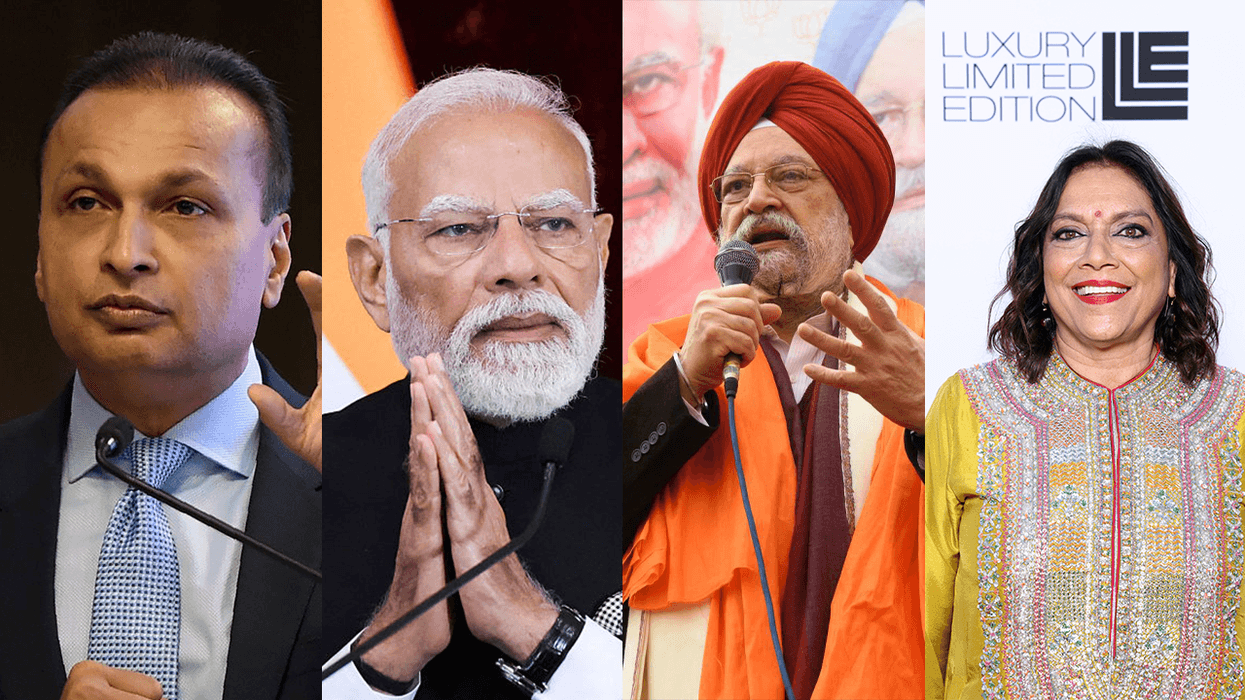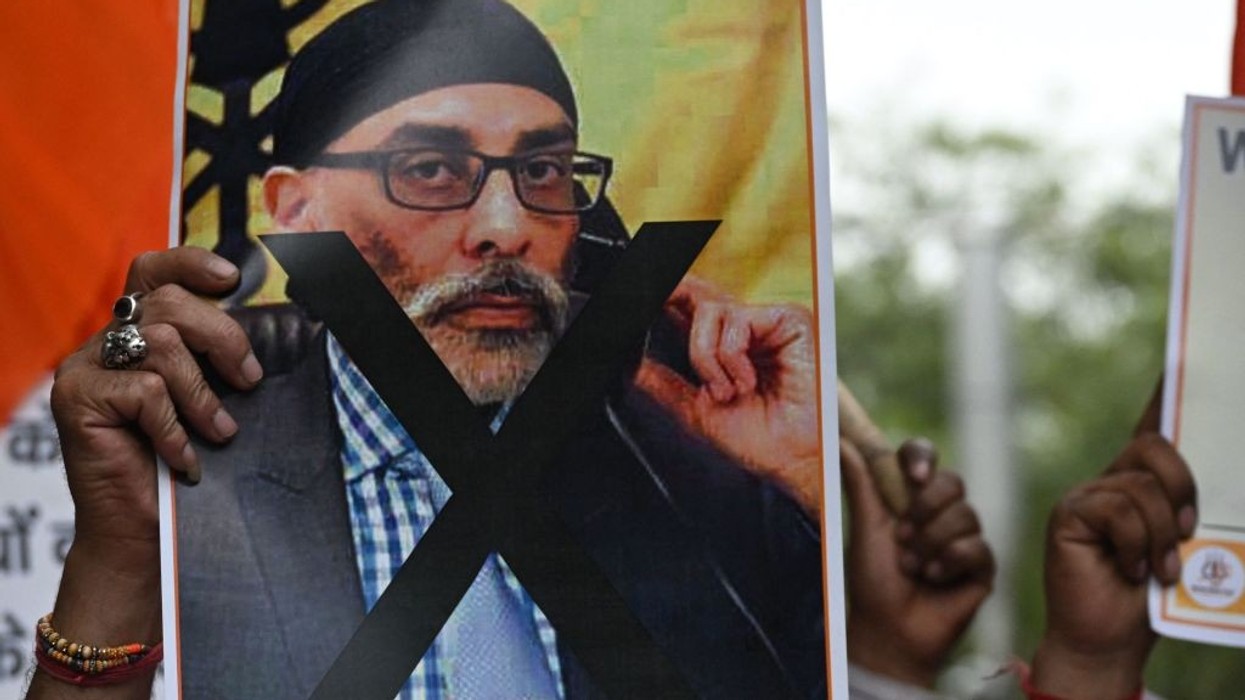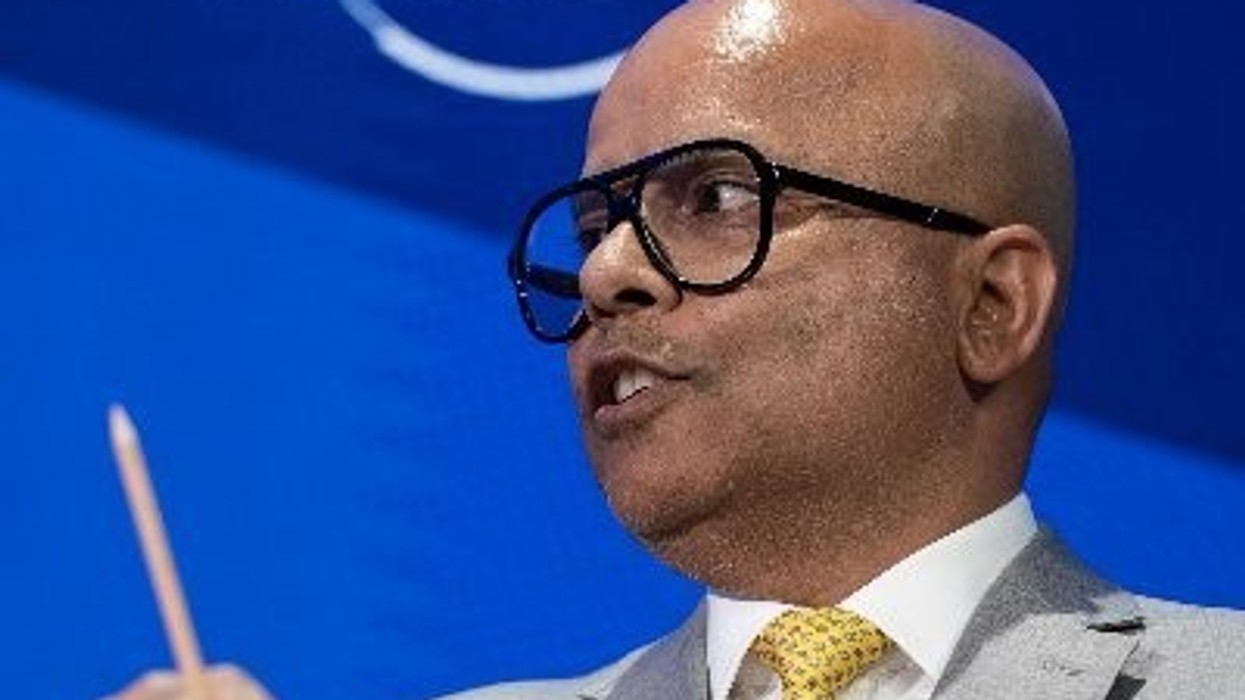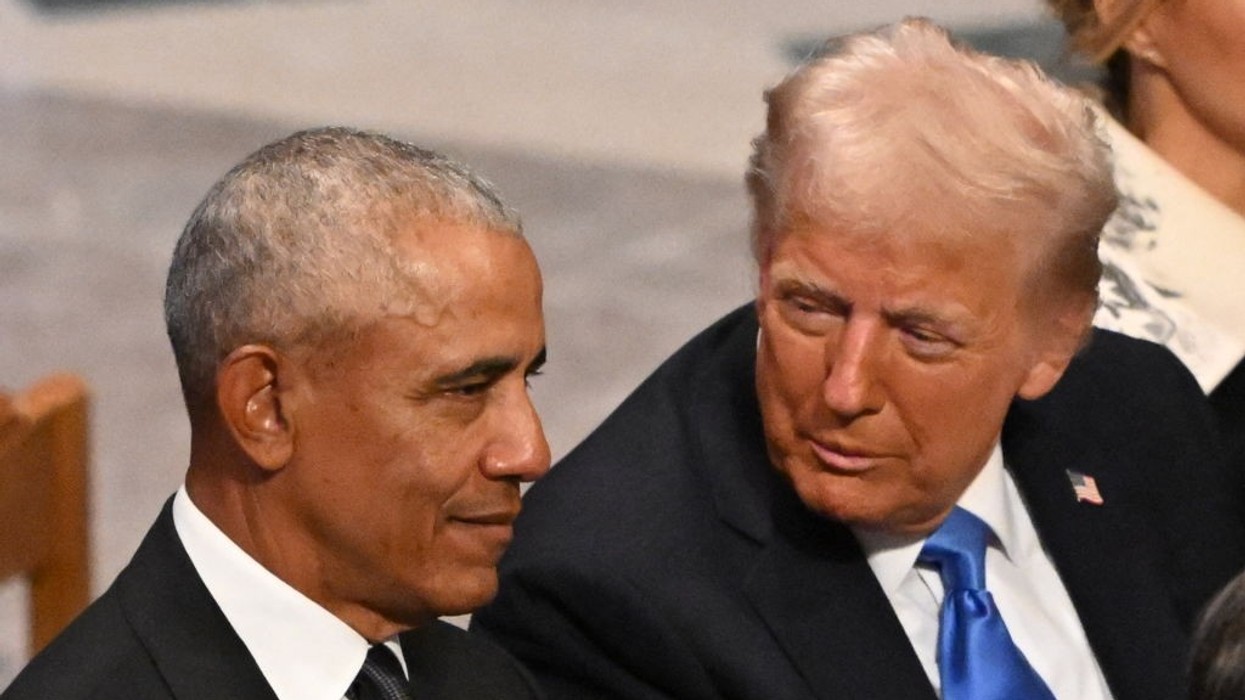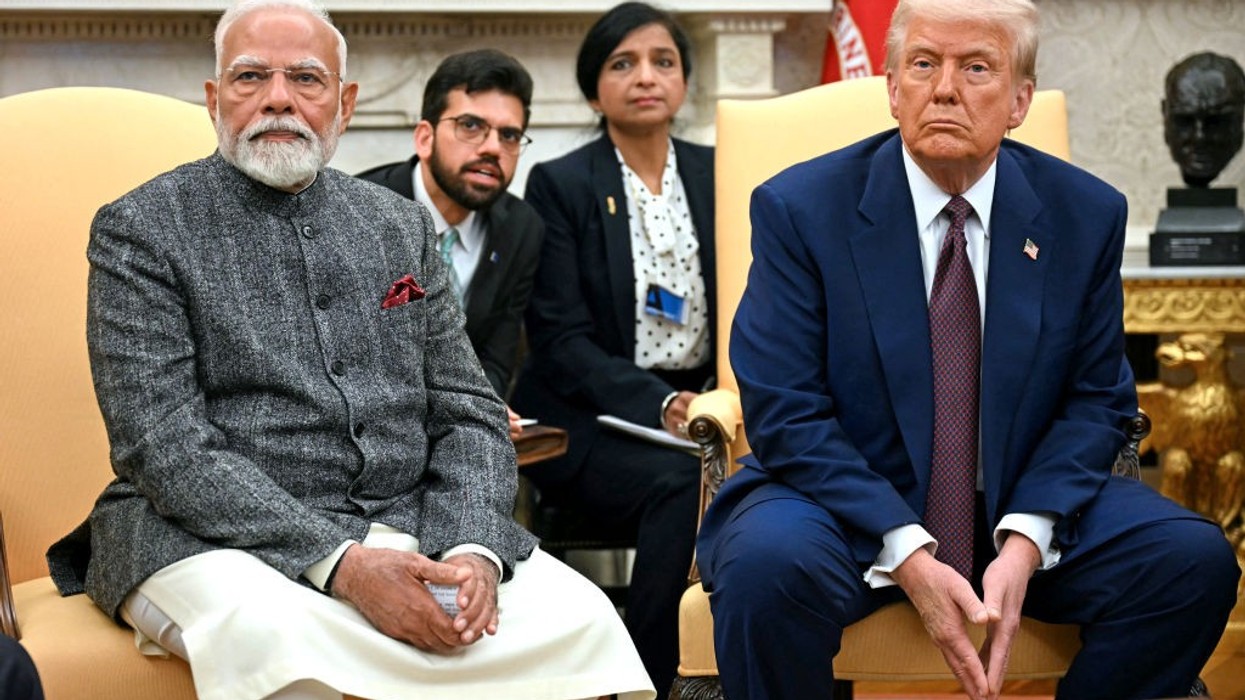Highlights:
President Donald Trump's latest move might backfire on him, because his decision to raise the H-1B fee may end up hurting his own country's companies. With the application fee for new visas now soaring upto $100,000, many American tech and finance firms are already considering shifting more high-end work to India, industry expert say.
For years, US companies have relied on skilled foreign workers to bridge talent gaps in areas like artificial intelligence, cybersecurity, and product development. But the new visa clampdown is pushing firms to reassess their labor strategies, and India with its thriving network of global capability centres (GCCs) is emerging as the top destination.
India is already home to around 1700 GCCs, handling everything from finance to drug discovery for global giants. These centres have evolved far beyond their early call-centre image and today drive innovation, whether it's designing luxury car dashboards or running advanced data analytics. Experts believe Trunmp's crackdown will only accelerate this shift.
“GCCs are uniquely positioned for this moment. They serve as a ready in-house engine,” said Rohan Lobo, partner at Deloitte India. According to him, plans are already underway, particularly in sectors tied to financial services, technology, and federal contracts in the US.
Lalit Ahuja, CEO of ANSR, which has helped companies like FedEx, Target and Lowe’s set up in India, described the mood among American firms as one of “urgency.” Some companies, he added, are preparing for “extreme offshoring.”
The trend is not limited to tech. Wall Street banks such as JPMorgan Chase and retail giants like Walmart both are among the biggest sponsors of H-1B visas and also have large bases in India. While they remain tight-lipped on the issue due to political sensitivities, insiders say moving jobs overseas is firmly on the giants.
Other countries like Mexico, Colombia, and Canada may benefit too, but India's scale and skilled workforce give it a clear edge. Analysts estimate that India could host more than 2200 GCCs by 2030, with the sector's market size approaching $100 billion.
Still, challenges remain because US lawmakers have proposed the HIRE Act, which would impose 25 per cent tax on work outsourced abroad. If passed, it could hit India's $283 billion IT industry hard, though experts say the growing demand for GCC services could soften the blow.
“For now, we are observing and being ready for outcomes,” said the India head of a US pharmaceutical company’s GCC.
Economists argue that the very revenues lost from H-1B visa restrictions could be replaced by increased services exports from India’s GCCs. In short, Trump’s visa gamble might end up speeding up the offshoring wave he wanted to stop—shifting critical American jobs and innovation hubs to India instead.


